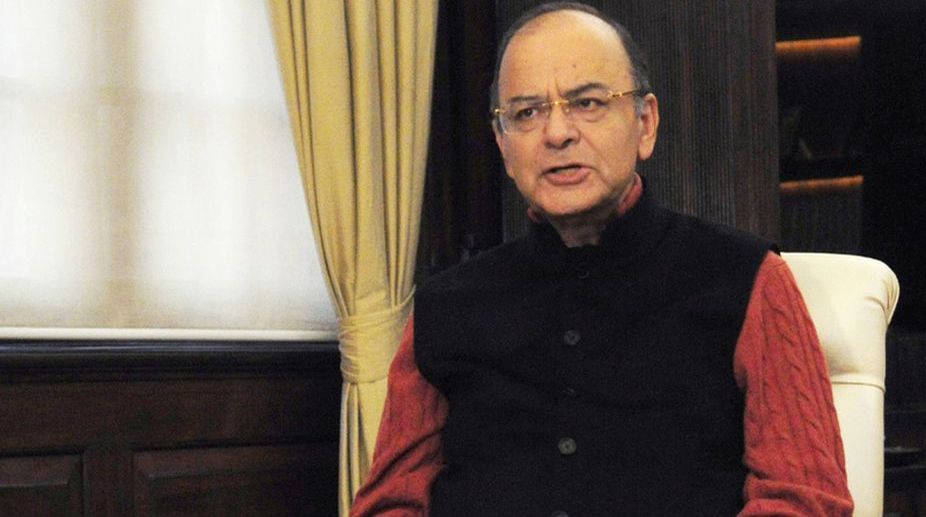Cent percent voting before 10 AM in naxal area booth in MP
A polling booth in naxal affected Balaghat Lok Sabha constituency of Madhya Pradesh registered 100 per cent voting before 10 AM on Friday in the first phase of Lok Sabha polls.

Finance Minister Arun Jaitley (Photo: PIB/File)
The Budget Session began today and the Economic Survey 2017-18 has been tabled in the Lok Sabha by the Finance Minister Arun Jaitley.
According to the presented Economic Survey, a series of major reforms undertaken over the past year will allow real GDP growth to reach 6.75 percent this fiscal and will rise to 7.0 to 7.5 percent in 2018-19.
The prediction of the Economic Survey 2017-18 says that India’s GDP growth to be between 7-7.5% in 2018-19.
Advertisement
GDP growth has averaged 7.3% for the period from 2014-15 to 2017-18 – the highest among the major economies of the world, says Economic Survey.
The Economic Survey 2017-18 says that current high oil prices is a major concern.
The Survey reveals that economy accelerated in second half of current fiscal due to GST, bank recapitalisation, liberalisation of FDI and higher exports.
The Press of India reported that the Economic Survey says Gross Value Added (GVA) expected to grow by 6.1% in 2017-18 as compared to 6.6% in 2016-17.
Preliminary analysis of the Goods and Services Tax data reveals 50% increase in the number of indirect taxpayers.
The Economic Survey reports that there is need to address pendency, delays and backlogs in the appellate and judicial arenas.
Expectation of greater stability in GST, likely recovery in investment levels, and ongoing structural reforms, among others, should be supporting higher growth.
After remaining in negative territory for a couple of years, growth of exports rebounded into positive one during 2016-17 and is expected to grow faster in 2017-18.
Agenda for next year is stabilizing the GST, completing the twin balance sheet actions, privatizing Air India, and staving off threats to macro-economic stability.
India must continue improving the climate for rapid economic growth on the strength of the only two truly sustainable engines — private investment and exports
Top 1% of Indian firms account only for 38% of exports unlike in other countries where they account for substantially greater share – (72, 68, 67 and 55% in Brazil, Germany, Mexico and USA respectively).
Advertisement